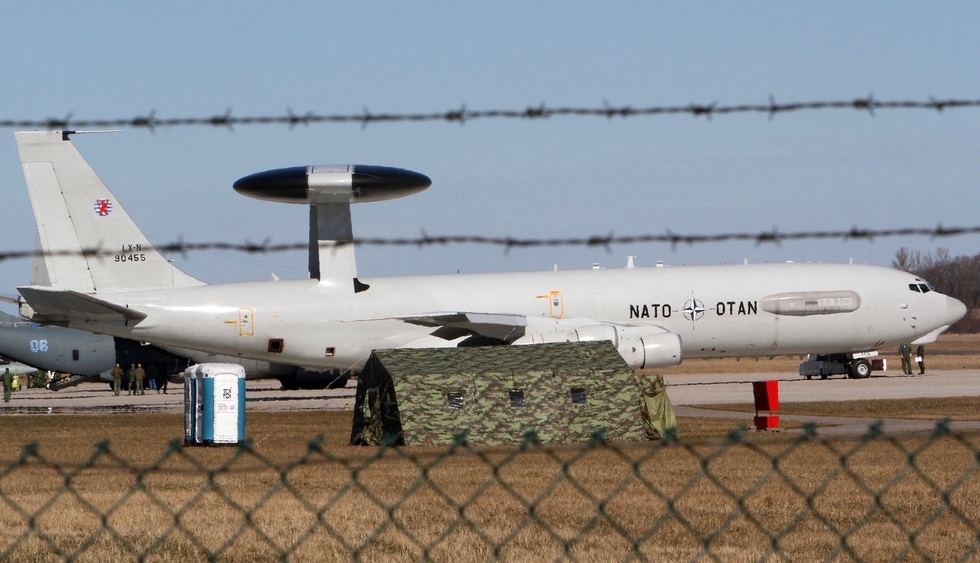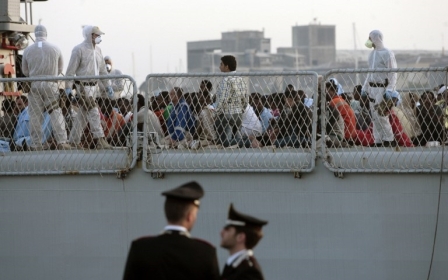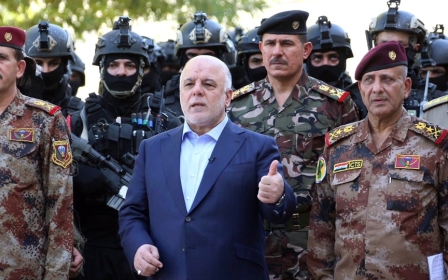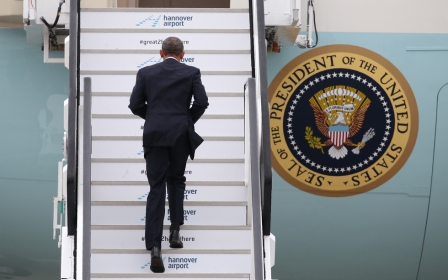NATO to use surveillance planes against Islamic State

NATO leaders on Saturday agreed to deploy sophisticated surveillance aircraft to support the US-led fight against the Islamic State (IS) group in Syria, Secretary General Jens Stoltenberg said.
Stoltenberg said a summit of the 28 NATO leaders in Warsaw had formally approved a plan for the alliance's AWACS planes to fly over international airspace and help the US-led coalition.
"We will provide AWACS support, and the plan is to have them to flying over international airspace and Turkey and that will allow us to look into airspace in Iraq and Syria," Stoltenberg told a news conference.
The planes are one of the few concrete assets that NATO has, with most of its military hardware belonging to individual member states.
NATO will also start providing support for Tunisian special forces and set up an intelligence "Fusion Centre" in Tunisia, as well as beginning a maritime security operation in the Mediterranean to help deal with the migration crisis and the chaos in the waters off Libya.
The fleet of AWACS - airborne warning and control aircraft, planes the size of an airliner with a rotating radar dish above the fuselage - is based at Geilenkirchen, in Germany, with 16 Boeing E-3A aircraft with multi-national crews, the BBC reported. They are drawn from 15 of the alliance's members. There are forward operating bases in Greece, Italy and Turkey.
An AWACS typically cruises at about 9,000 metres, providing a radar picture over a vast area. The new NATO mission against IS will probably begin in the autumn, BBC said.
AWACS can also be converted into command posts to coordinate bombing raids and other air operations.
The Warsaw summit closing statement said: "NATO AWACS aircraft will be made available to support the Counter-ISIL [IS] Coalition."
In May, NATO said the planes would not be directly involved in monitoring militants but would instead fill in for US and allied aircraft that would be re-tasked to gather intelligence over IS hotspots.
Several European NATO members have been wary of becoming too involved in the bloody fight against IS, but pressure has grown after deadly terror attacks in Paris and Brussels.
In Warsaw, NATO also agreed to take further steps to boost counter-terrorism efforts in countries in the Middle East and North Africa, Stoltenberg said.
It would deploy a team to Baghdad to start a new training scheme in Iraq, which is battling IS militants.
"To the south we see failed and failing states and millions left homeless and hopeless by terrorist groups like ISIL,” Stoltenberg said.
New MEE newsletter: Jerusalem Dispatch
Sign up to get the latest insights and analysis on Israel-Palestine, alongside Turkey Unpacked and other MEE newsletters
Middle East Eye delivers independent and unrivalled coverage and analysis of the Middle East, North Africa and beyond. To learn more about republishing this content and the associated fees, please fill out this form. More about MEE can be found here.




